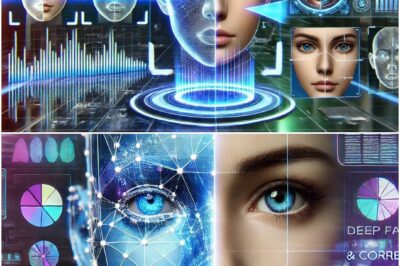Some revolutions whisper before they roar. Quantum computing is still in that whisper phase — mysterious, misunderstood, but dangerously close to rewriting the laws of the digital universe.
Unlike traditional computers, which process bits as 1s or 0s, quantum machines use qubits, which can exist as both simultaneously. That’s like flipping a coin and having it land as heads and tails at the same time. The result? Calculations once impossible could soon take seconds.
Quantum supremacy — the point when these machines outperform classical computers — is no longer theoretical. IBM, Google, and startups like Rigetti are racing toward it. But what happens afterward? Encryption as we know it could shatter. Every password, every blockchain, every secret file — vulnerable.

It’s a paradox: the same power that could revolutionize medicine, materials science, and weather prediction could also cripple global security. The race for quantum dominance isn’t just scientific — it’s geopolitical.
Still, this is the magic of science: it constantly redefines what “impossible” means. We are building machines that don’t just compute — they play with reality. And for the first time, humanity is learning to code the universe itself.
News
The Ghost in the Machine: When Artificial Intelligence Starts Asking Who It Is
There’s a strange hum in the background of modern civilization. It’s the sound of millions of processors thinking — not…
Robotics Gets Emotional: The Quest to Build Machines That Feel
Robots can walk, talk, and even dance — but can they care?The next frontier of robotics isn’t physical dexterity; it’s…
The Age of Synthetic Life: Programming Biology Like Code
For billions of years, evolution shaped life through randomness. Now, humans are editing nature with precision. Synthetic biology is the…
Deepfake Nation: When Reality Itself Becomes Editable
In 2025, truth no longer needs to be destroyed — it just needs to be remixed.Deepfakes have evolved far beyond…
The Blockchain Beyond Crypto: The Quiet Revolution You Missed
Crypto made headlines — but blockchain’s real revolution was never the coins. It’s the infrastructure beneath them. Think of blockchain…
The AI Arms Race in Education: Learning Without Teachers?
In classrooms from California to Seoul, students are learning from something that isn’t human. AI tutors are grading essays, generating…
End of content
No more pages to load












